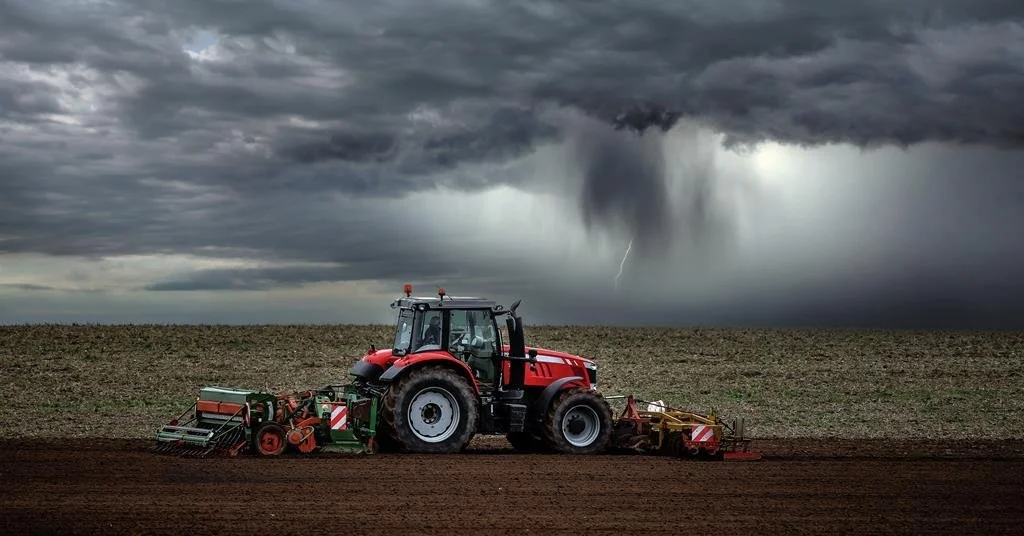Climate Change and Kentucky Agriculture: Facing New Challenges
Kentucky is facing unprecedented challenges due to climate change. The Bluegrass State, traditionally reliant on predictable seasonal patterns for its diverse range of crops, is now grappling with the realities of unpredictable and extreme weather conditions. This shift poses significant risks to Kentucky's agricultural productivity and sustainability.
The Impact of Erratic Weather on Farming Practices
In recent years, Kentucky's farmers have been contending with a series of erratic weather patterns. Unseasonal frosts, unexpected droughts, and intense floods have become more frequent, disrupting traditional farming schedules and endangering crop yields. These extreme weather events threaten immediate agricultural production and pose long-term challenges to soil health and water resources. For instance, heavy rains can lead to soil erosion and nutrient depletion, while droughts can significantly reduce water availability for crops and livestock. The unpredictability of these events makes planning and risk management increasingly difficult for farmers.
Shifts in Growing Seasons and Pest Management
Climate change has also resulted in longer growing seasons in Kentucky. While this could lead to increased production, it comes with its own set of challenges. Warmer temperatures extend the life cycle of pests and diseases previously kept in check by Kentucky's cold winters. This increases pesticide usage, costs, and potential environmental impacts. Additionally, some crops, mainly those sensitive to temperature changes like the state's iconic bluegrass, are at risk of stress and reduced quality due to warmer conditions.
Adaptive Strategies and Sustainable Practices
In response to these challenges, Kentucky's agricultural sector actively explores various adaptive strategies. There is a growing trend towards diversifying crop portfolios to include varieties more resilient to climate fluctuations. This helps in risk mitigation and opens up opportunities for tapping into new markets.
Sustainable agricultural practices are gaining traction. Techniques like no-till farming help preserve soil structure and moisture, cover cropping enhances soil fertility and controls weeds, and integrated pest management reduces reliance on chemical pesticides. These practices contribute to long-term sustainability, preserving Kentucky's agricultural heritage for future generations.
Technological Innovations and Collaborative Efforts
Technological innovations are pivotal in helping Kentucky's farmers adapt to climate change. Precision agriculture, which involves using technology to monitor and manage field variability, allows for more efficient use of resources like water and fertilizers. This not only improves crop yields but also minimizes environmental impacts.
Collaboration is another key aspect of Kentucky's response to climate change. Partnerships between farmers, agricultural researchers, and government bodies are crucial for developing and implementing effective strategies. These collaborations facilitate the sharing of knowledge, resources, and best practices and are essential for formulating policies that support resilient and adaptive agricultural practices.
As Kentucky confronts the challenges brought on by climate change, the resilience, innovation, and community spirit of its agricultural sector will be critical. The path ahead involves a delicate balance of adapting to immediate changes while also planning for long-term sustainability. With the combined efforts of farmers, scientists, and policymakers, Kentucky's agricultural sector can not only survive but thrive in the face of these climatic challenges, ensuring its continued contribution to both the state's economy and its cultural heritage.
Resources
The Kentucky Climate Center (KCC): The Kentucky Climate Center (KCC) is the state's official climate office responsible for the collection, dissemination, and assessment of weather and climate information across the Commonwealth.





